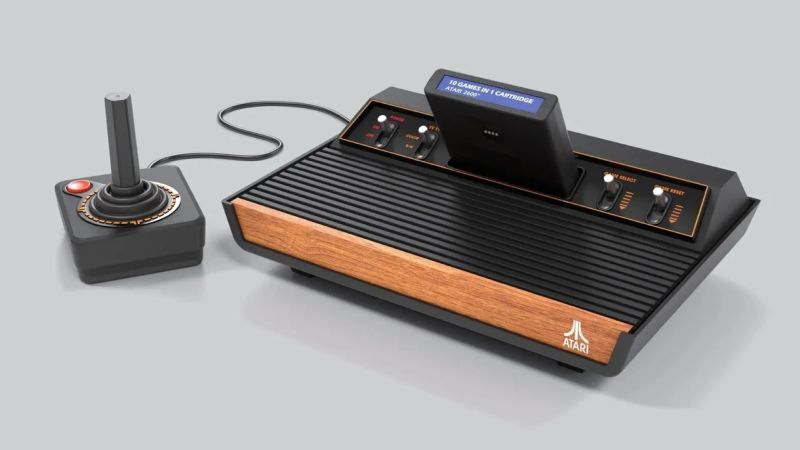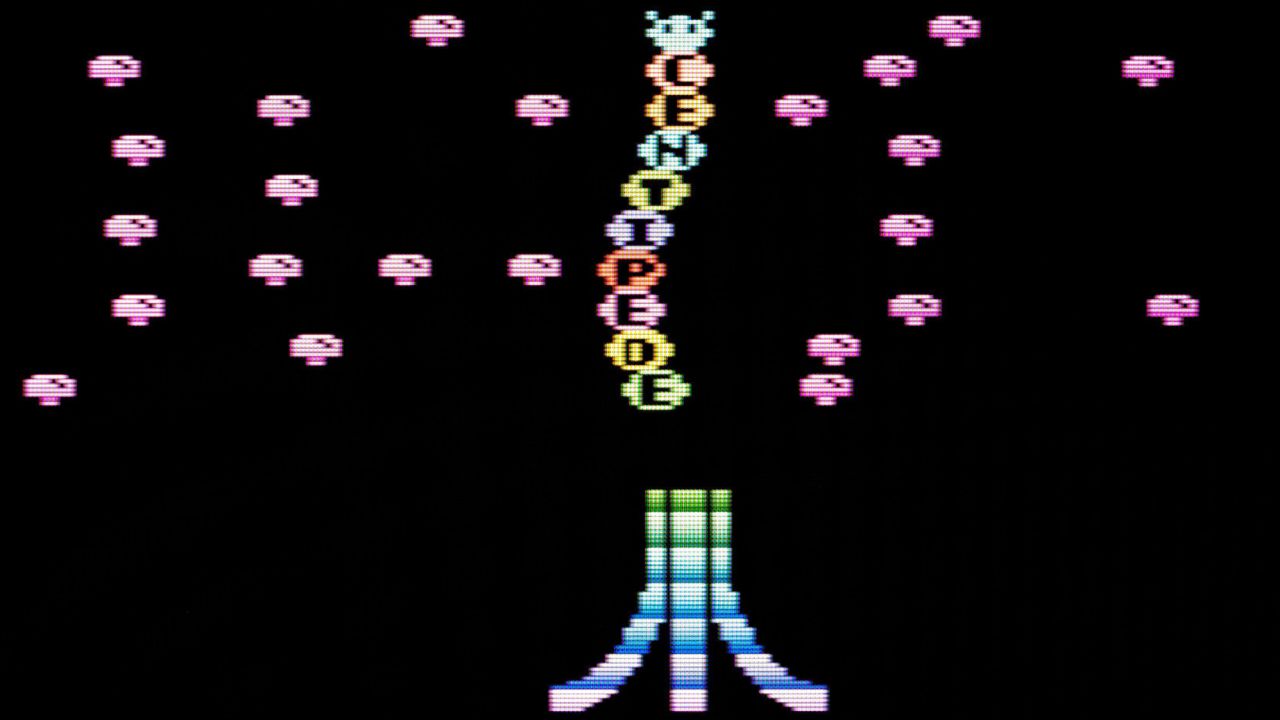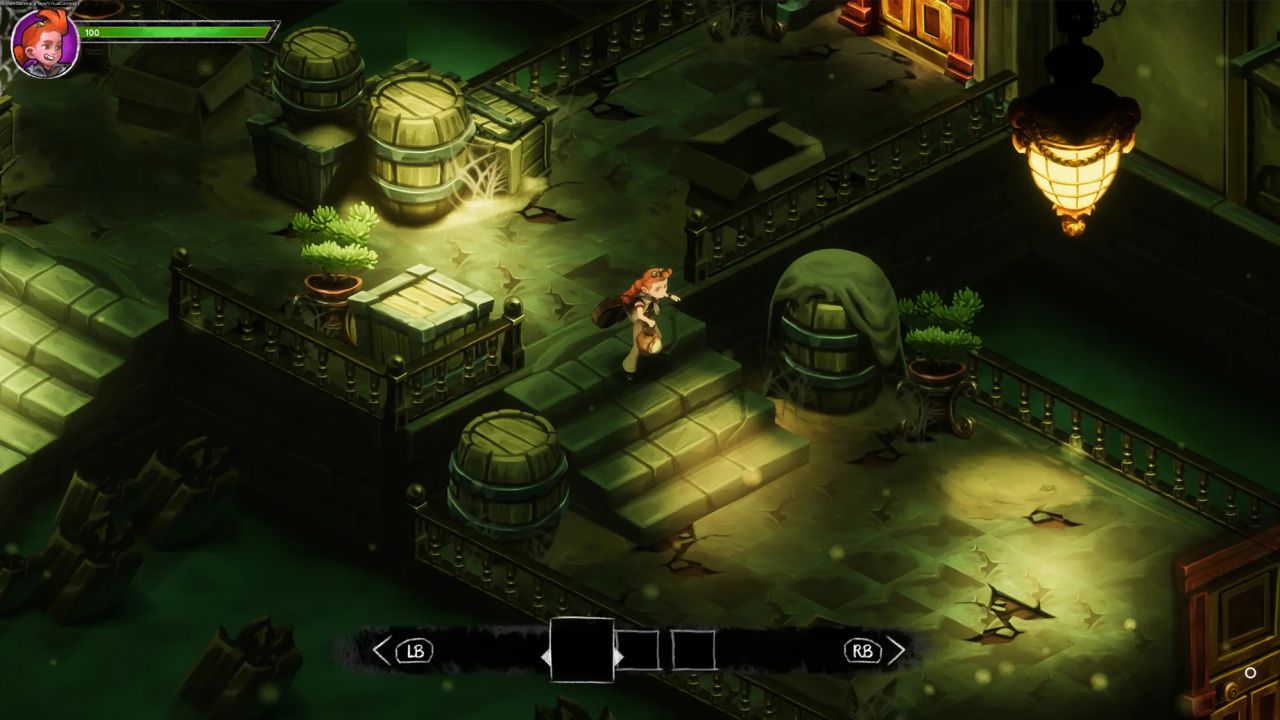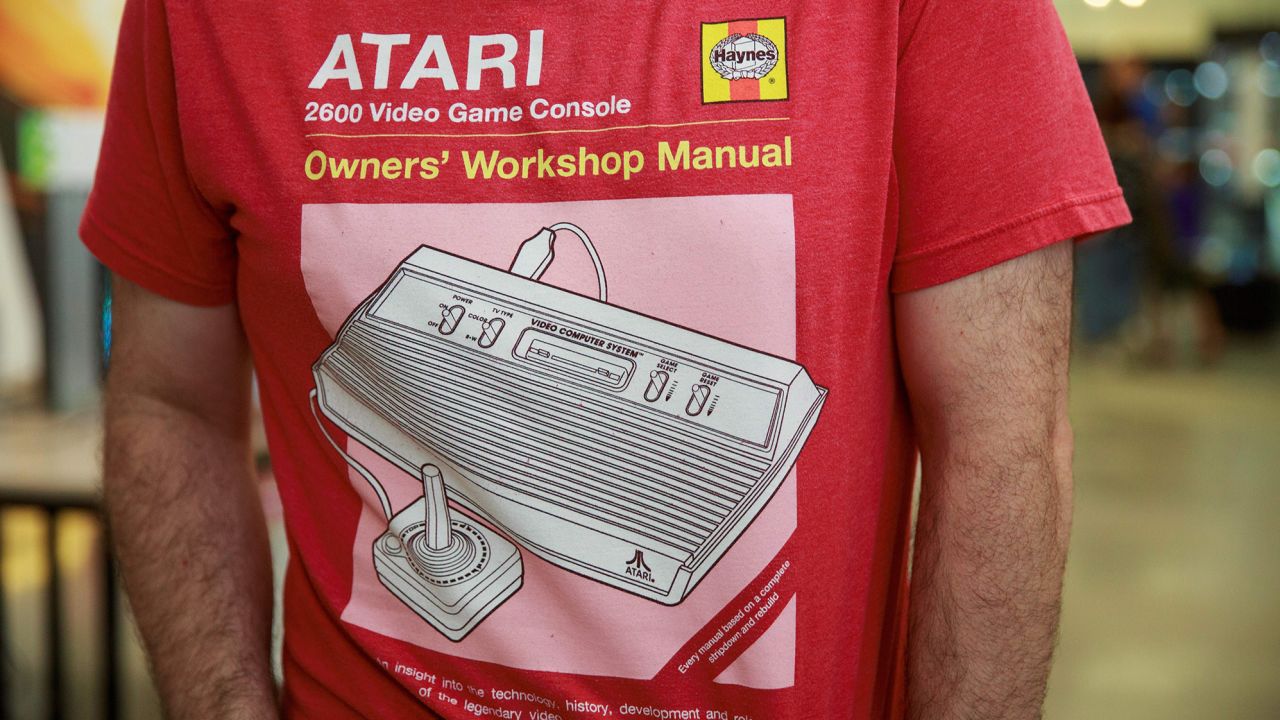
CNN
—
The Atari home video game system took the late1970s and early 1980s by storm, complete with faux wood paneling and a classic joystick with a big red button. Rival systems eventually surpassed the video-game pioneer but its iconic status, and fans, remained.
Atari has been working to rebuild a lot of goodwill among those fans and within the broader video game industry ever since its new CEO Wade Rosen came on board in 2021.

With Rosen at the helm, the company is taking a closer look at its own history to chart its future, releasing remastered or reimagined versions of its classics like “Missile Command” and “Centipede,” producing the critically acclaimed “Atari 50” interactive documentary, and introducing its soon-to-be released retro console the Atari 2600+.
“I think the 2600+ has legs because there’ll be new content, new games coming out but also additional ways to play these games and to make them accessible to larger communities,” Rosen told CNN. “Do I think these things are going to replace modern consoles? Absolutely not. There’s like no way that would happen, nor would they need to. They’re radically different things.”
The retro console arrives in November at a $130 price point and in a more compact version. While it comes packaged with 10 games in a single cartridge, the console will also play new titles and work with original Atari 2600 and 7800 game cartridges.

According to Rosen, retro games complement the times and reimagined Atari titles like “Haunted House,” arriving in October, or new, original games like “Days of Doom,” available now, reflect a speedy, pick-up-and-play style characteristic of the early days of the hobby.
For instance, the remastered “Haunted House” is an elaborate stealth game where players evade colorful ghosts and monsters – but it retains the exploration mechanics of its namesake that simply featured floating eyes roaming a dark, 2D maze.
What people want in video games has changed radically, Rosen noted, explaining that these experiences “are designed for an age of complexity,” he said. “Back when we had simplicity, I wanted 200-hour games with huge quests and branching narratives and all these things, and now I’m like: ‘I can do a couple of those a year, but life doesn’t allow for it very much.’ “

The company’s Atari Recharged line also takes classics like “Yar’s Revenge” and spruces them up for a modern audience. And its acquisition of Nightdive Studios earlier this year added new franchises to Atari’s stable of remasters like “Turok” and the upcoming “System Shock.”
The recent “Atari 50” release actually did something different while mining nostalgia — it established the genre of the interactive video game documentary. The company looked at decades of its history, and invited viewers of the doc to become players.
“As we come to view games as art, more and more, I think people want to understand all the pieces that went into that and all the history around it, but yet the medium is games so we probably should interact with it in a different way,” Rosen noted.
While not in the company’s plans as yet, the Atari CEO also showed enthusiasm for a hypothetical handheld system that can play its retro games on the go like a Nintendo Switch.
“I guess short answer, yeah, if there’d be an appetite for it. I’d worry the cartridges would be a little too big. That would be really fun,” he said.
As the successor to Atari’s home console crown, Nintendo, pushes forward with its Switch system, and newer players like Microsoft’s Xbox and Sony’s PlayStation 5 traffic in blockbuster, Triple-A games this holiday season, the Atari 2600+ retro console (but not a handheld yet) will join the scrum. It’s set to launch November 17.
